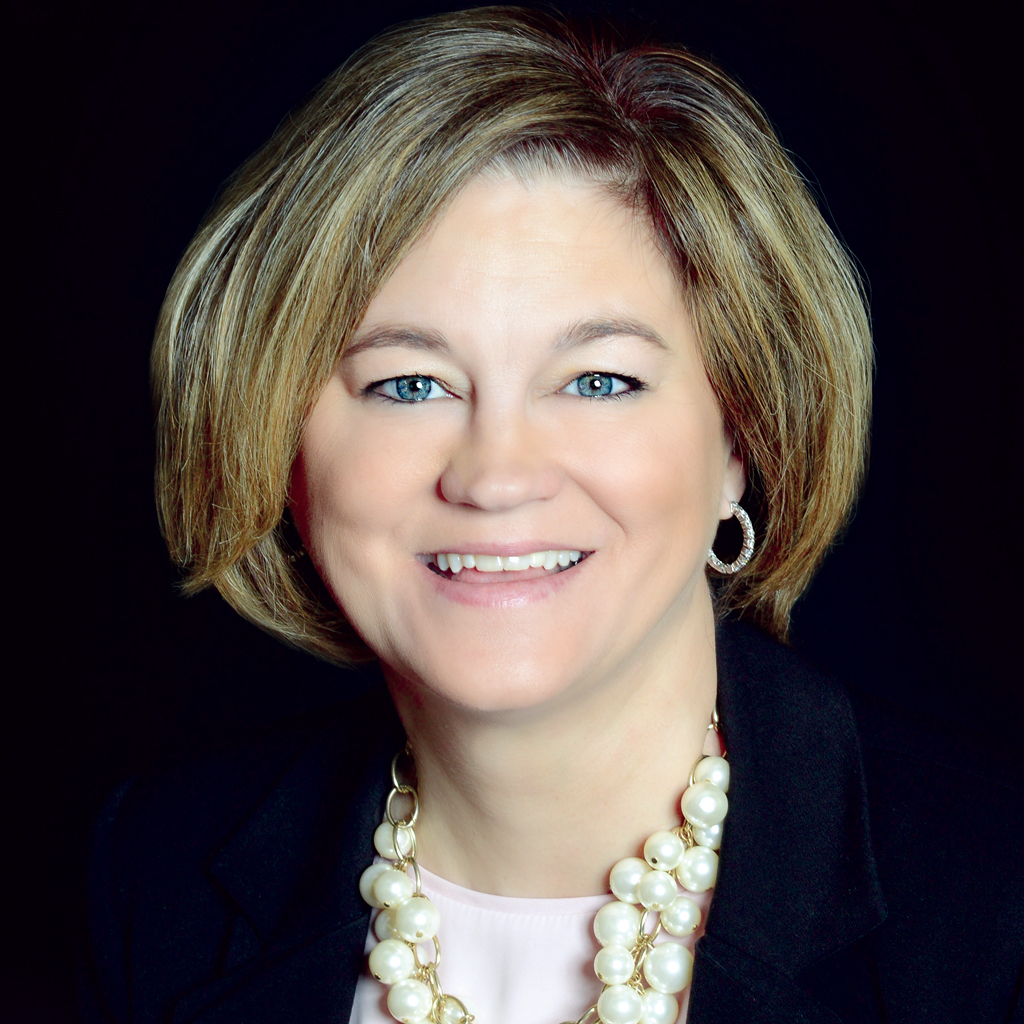
For a long time, “leadership” to me meant convincing people that seeing things my way was the only way. After all, it would be much easier if everyone bought what I was selling. Funny thing, it doesn’t work that way.
In fact, there are actually people who don’t agree with me? Shocking, I know. I do have it all figured out. I just don’t get it! Why, when things are so obvious to me, can’t others also see?
I like to think we are an organization where every single team member who sees a dirty Kleenex in the hallway would stop, pick it up and toss it in the trash without even thinking about it. The reality is more would probably walk right by. This pains me!
So lately I’ve been asking a few of my teammates, “Is our culture such that people feel pride, ownership, in that they would pick up a dirty Kleenex in the hallway, just because they should?” To my surprise, many people said, “No, they wouldn’t even notice it.”
This tells me a few things. While I would pick it up, that doesn’t mean everyone else would. This is like true confessions here. I’m embarrassed to say some of our team members would walk right by a piece of trash. I would hope they wouldn’t, but for a dirty Kleenex, they might. And, after all, they didn’t drop it! Someone else did. It’s technically not their responsibility to pick up trash.
It also tells me we’ve got work to do.
Hold up. I’m sure you may be asking what a dirty Kleenex has to do with leadership. Well, everything! In what job description does it say “Open your eyes, see the obvious and do the right thing”? I might be behind the times, but I’m thinking most job descriptions could simply read, “DO THE RIGHT THING.”
It would make everyone’s job much simpler (not to mention, easier to write job descriptions). But again, not everyone sees things the way I do.
I love Joe Tye’s www.joetye.com approach to accountability versus ownership and what it means. The problem, while I agree with it in theory, is getting others to truly believe in it. Which leads me to it’s not all about me and believing in me. It’s about recognizing individuals’ personal leadership journeys and letting them come to the realization (no matter how long it may take) that leadership and ownership are a part of who we are, not what we do.
My number one priority in coaching our team is to see their journey not as additional work but to consider how they approach their day’s work and how they approach life.
After all, as they continue down their personal leadership journeys, they no doubt will become better overall people as they become stronger leaders.
I might stage an experiment and judge our success by placing a dirty Kleenex in the hallway, set a camera and see how many team members pick it up. My litmus test might not be as scientific as others, but it might tell me something I need to know about personal ownership.
On the other hand, if people don’t actually see the Kleenex, can I fault them for not picking it up? My old self would say/scream, “YES! How can they not see it? It’s right there in a clean hallway — a glaring white Kleenex, so just pick it up!”
But the real question would be, “Why can’t they see it?”
As leaders, it’s not about encouraging our teams to pick up the dirty Kleenex. It’s about making sure they see it and then do the right thing.
Now, I’m not suggesting we put toothpicks in our team members’ eyes and force them to actually “see” the things right in front of them. What I’m suggesting is that as leaders, it’s our responsibility — our duty — to work toward creating an atmosphere where people want to take ownership of every aspect of their work. Not just because they are told to but because they feel compelled to!
Granted, this is no easy task, but the first step may simply be to start the conversation. “In Pursuit of the Sunbeam” best describes it: “Leadership is about character, not position.”
In other words, it’s what we do when no one’s watching because it’s the right thing to do.
Now, stop reading and go ask 10 teammates: If they would “see” the dirty Kleenex, what would they do about it, and what would their co-workers do about it?
It’s a simple question, I know, but it does say a lot about your team’s commitment to your organization, and to doing the right thing.
Julie Thorson is the president and CEO of Friendship Haven, a continuing care retirement community in Fort Dodge, IA, that earned the Governor’s Award for Quality in 2014. A coach’s daughter at heart, she is a former part-time nursing home social worker who quickly ascended the leadership ranks. A licensed nursing home administrator, she is a current participant in LeadingAge’s Leadership Academy.




